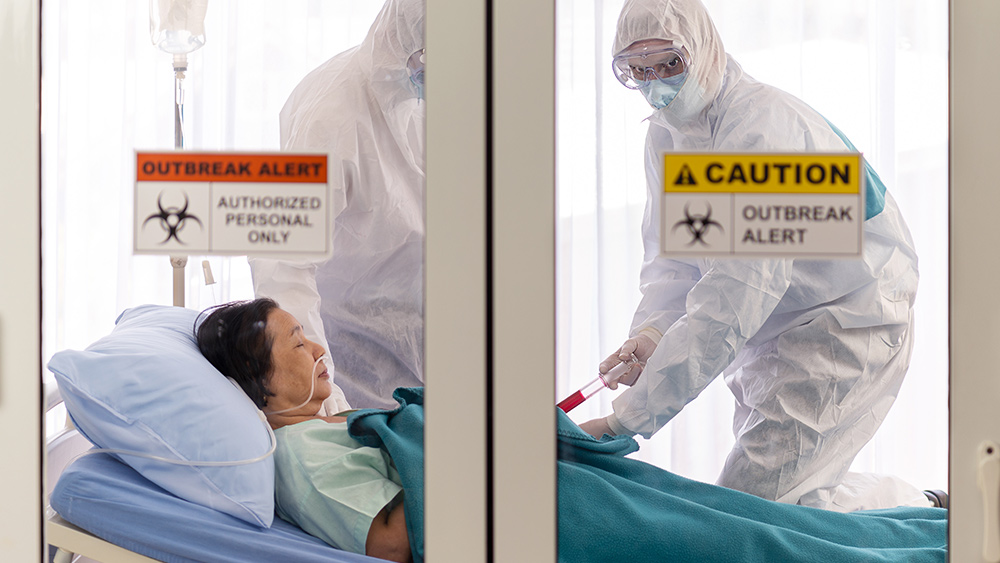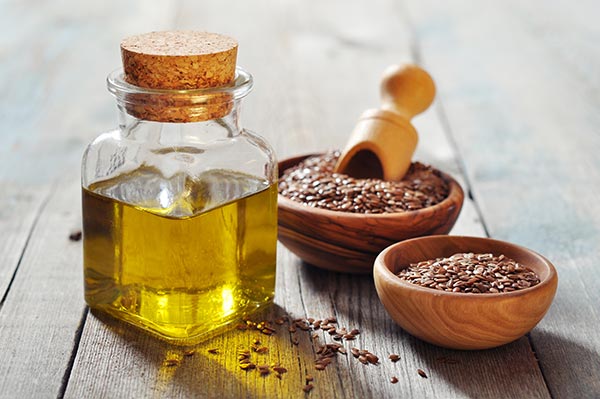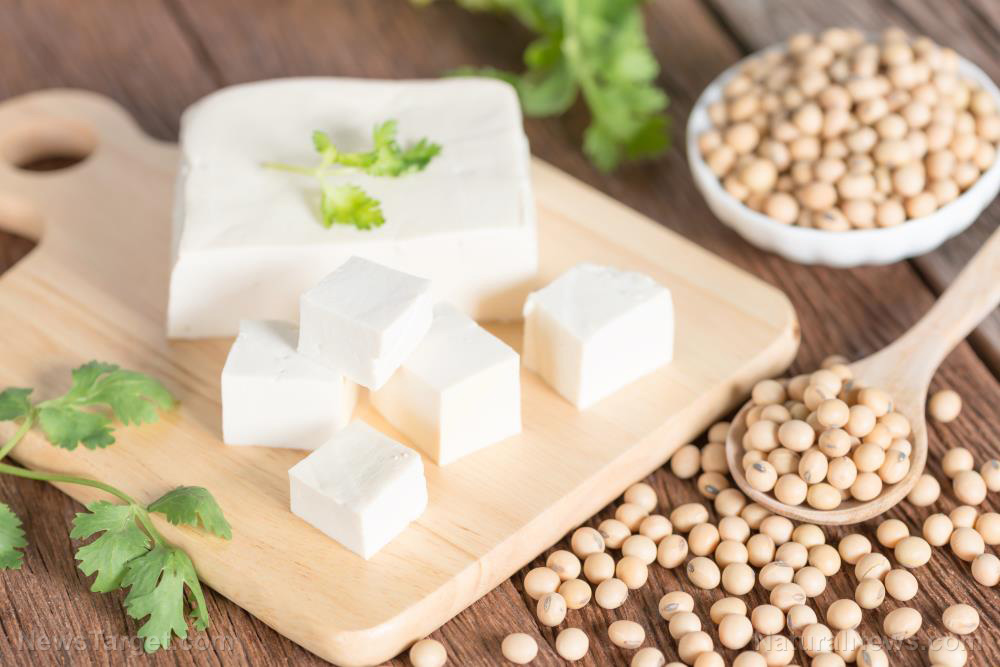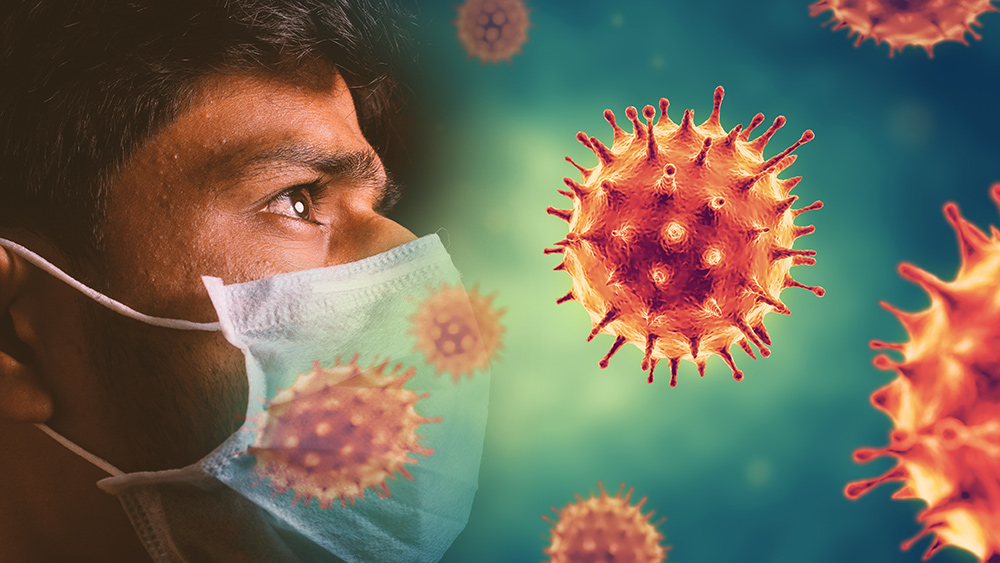“Imaginary” pain could be caused by serotonin deficiency, study says
03/11/2020 / By Darnel Fernandez

Somatic awareness refers to a type of mindfulness that focuses on what happens to your body. More often than not, heightened somatic awareness is often accompanied by “medically unexplained symptoms” like headaches, nausea constipation, itchy skin or sore joints. This condition is also often associated with illnesses like fibromyalgia, rheumatoid arthritis and temporomandibular disorders. However, the cause of heightened somatic awareness is unclear, which is why it is often chalked up as a psychological or “imaginary” problem. Now, recent research suggests that this condition isn’t so imaginary after all.
A study published in the journal Annals of Neurology found that a deficiency in serotonin might be the reason why people experience heightened somatic awareness. The researchers liken their findings to the tale of “The Princess and the Pea.”
“Think of the fairy tale of the princess and the pea,” lead author Samar Khoury said. “The princess in the story had extreme sensitivity where she could feel a small pea through a pile of 20 mattresses. This is a good analogy of how someone with heightened somatic awareness might feel; they have discomforts caused by a tiny pea that doctors can’t seem to find or see, but it’s very real.”
It’s not all in the head
Researchers from McGill University in California analyzed data available through the Orofacial Pain: Prospective Evaluation and Risk Assessment (OPPERA) cohort study. This study is a seven-year research project that recruited 3,200 individuals to analyze the physiological and psychological factors that lead to the development of temporomandibular disorder.
Temporomandibular disorder affects the joint between the temporal bone and the mandible or jaw bone — alongside the muscles and nerves surrounding the joint. In addition to the physiological and psychological factors, the OPPERA study also looked into genetic links, which present interesting prospects for researchers studying somatic awareness.
Using the data provided by the previous study, the researchers discovered that patients who suffer from these unexplained symptoms share a genetic variant. This genetic mutation leads to the malfunctioning of the enzyme that plays a vital role in the production of serotonin — a neurotransmitter that regulates mood and assists with the function of the bowels and central nervous system.
Low levels of serotonin were already associated with psychological issues such as depression and anxiety, and physical symptoms like fatigue, weight gain and nausea. This finding now presents a link between serotonin deficiency and heightened somatic awareness and has laid the groundwork for future studies that can characterize the molecular pathways of this condition. Above all, the researchers hope that their findings could pave the way to discover treatment options for the not-so-imaginary symptoms.
“We can now provide a biological explanation of [the] symptoms,” senior author Luda Diatchenko said. “The next step for us would be to see if we are able to target serotonin levels in order to alleviate these symptoms.”
Foods that boost serotonin levels
The California study reveals that serotonin has a major influence on one’s health, especially on mood and behavior. Most people would opt to take supplements to increase their serotonin levels. However, the more natural approach is to include various foods that contain the amino acid tryptophan — which synthesizes serotonin. Below you can find a list of a few tryptophan-rich foods that can help give your serotonin levels a quick boost. (Related: How to increase your serotonin levels with strategic eating.)
- Eggs. The protein content of eggs can boost the levels of tryptophan in your blood plasma, especially if you leave the yolks in. Egg yolks are not only rich in tryptophan, but also contain loads of tyrosine, choline, omega-3 fatty acids and other nutrients that can improve your overall health.
- Salmon. Oily and fatty fish like salmon are one of the best sources of omega-3 fatty acids which help support healthy skin and reduce inflammation. In addition, these fatty fish are also great sources of tryptophan, with only two portions of salmon capping out your weekly tryptophan requirements.
- Poultry. Poultry like chicken, duck and turkey are excellent sources of tryptophan. At the same time, the lean meats from these birds are also good sources of protein while being low in fat.
- Nuts and seeds. While these foods don’t have as much tryptophan as eggs and salmon, they can still provide an amount that’s enough to prevent a deficiency. In addition to that, nuts and seeds are also good sources of protein for vegans and vegetarians.
- Soy products. Soy products act as another tryptophan- and protein-rich option for vegetarians and vegans. A versatile food product, you can substitute just about any form of protein in any recipe with tofu.
MindBodyScience.news has everything you need to know about how serotonin affects the body.
Sources include:
OnlineLibrary.Wiley.com [PDF]
Tagged Under: Amino Acids, eggs, fatty fish, functional food, hormones, imaginary pain, mental health, Neurotransmitters, nutrients, Poultry, salmon, seeds and nuts, serotonin, serotonin deficiency, Serotonin levels, somatic awareness, soy products, tryptophan



















